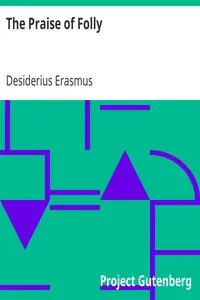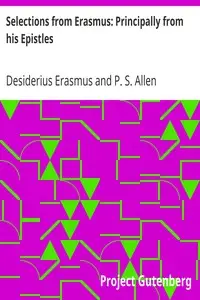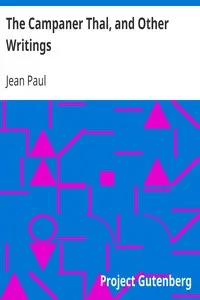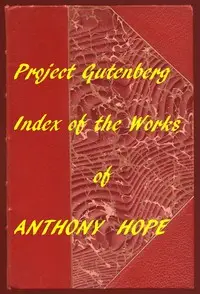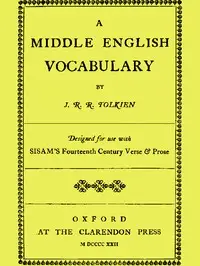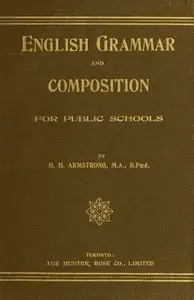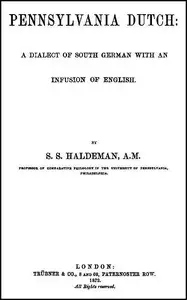"Two Dyaloges (c. 1549)" by Desiderius Erasmus is a series of conversations that sharply criticize the religious and social customs of the Renaissance era, using wit to expose pretense and moral failings. Through exchanges between the characters Poliphemus and Cannius, the author casts light on the difference between appearing religious and truly living out one's beliefs. Poliphemus, who claims to closely follow the gospel, is questioned by Cannius when his actions do not match his words, pointing out how empty outward displays of faith can be when inner goodness is lacking. The second dialogue explores the importance of one's name and how society views them, drawing a line between real virtue and just chasing after fame. The dialogues lead readers to think about what it really means to be morally upright, suggesting it's more than just what people see on the surface.
![Two Dyaloges (c. 1549)
Wrytten in laten by the famous clerke, D. Erasm[us] of Roterodame, one called Polyphemus or the gospeller, the other dysposyng of thynges and names, translated in to Englyshe by Edmonde Becke. by Desiderius Erasmus](https://cdn.a2-host.cloud/id7HUhZy5bpeEk8PEfj-ibsq4tjYFE7YR8VFcFRDurU/rs:fill:760:1100:0/g:ce/aHR0cHM6Ly9zcC1hc3NldHMuczMudXMtd2VzdC0wMDQuYmFja2JsYXplYjIuY29tL2Jvb2svMTQ1MDAvVHdvX0R5YWxvZ2VzX2NfMTU0OV9Xcnl0dGVuX2luX2xhdGVuX2J5X3RoZV9mYW1vdXNfY2xlcmtlX0RfRXJhc211c19vZl9Sb3Rlcm9kYW1lX29uZV9jYWxsZWRfUG9seXBoZW11c19vcl90aGVfZ29zcGVsbGVyX3RoZV9vdGhlcl9keXNwb3N5bmdfb2ZfdGh5bmdlc19hbmRfbmFtZXNfdHJhbnNsYXRlZF9pbl90b19FbmdseXNoZV9ieV9FZG1vbmRlX0JlY2tlX2NvdmVyLmpwZw.webp)
Two Dyaloges (c. 1549) Wrytten in laten by the famous clerke, D. Erasm[us] of Roterodame, one called Polyphemus or the gospeller, the other dysposyng of thynges and names, translated in to Englyshe by Edmonde Becke.
By Desiderius Erasmus
In a world of religious piety, two characters dissect the shallow nature of faith, exposing the gap between belief and behavior.
Genres
Released
2004-12-28
Formats
epub
epub3 (images)
epub (images)
mobi (images)
mobi
txt
Free Download
Summary
About the AuthorDesiderius Erasmus Roterodamus, commonly known in English as Erasmus of Rotterdam or simply Erasmus, was a Dutch Christian humanist, Catholic priest and theologian, educationalist, satirist, and philosopher. Through his vast number of translations, books, essays, prayers and letters, he is considered one of the most influential thinkers of the Northern Renaissance and one of the major figures of Dutch and Western culture.
Desiderius Erasmus Roterodamus, commonly known in English as Erasmus of Rotterdam or simply Erasmus, was a Dutch Christian humanist, Catholic priest and theologian, educationalist, satirist, and philosopher. Through his vast number of translations, books, essays, prayers and letters, he is considered one of the most influential thinkers of the Northern Renaissance and one of the major figures of Dutch and Western culture.
Total Reviews
10.0k
Total reviews from Goodreads may change


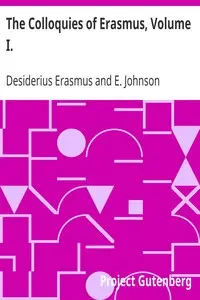
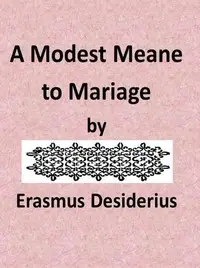
![A dialoge or communication of two persons
Deuysyd and set forthe in the late[n] tonge, by the noble and famose clarke. Desiderius Erasmus intituled [the] pylgremage of pure deuotyon. Newly tra[n]slatyd into Englishe. by Desiderius Erasmus](https://cdn.a2-host.cloud/eX-iqcy3YgRCxPg2hvWydQ-8qLopXEl2C7nebhog1zk/rs:fill:215:325:0/g:ce/aHR0cHM6Ly9zcC1hc3NldHMuczMudXMtd2VzdC0wMDQuYmFja2JsYXplYjIuY29tL2Jvb2svMTQ3NDYvQV9kaWFsb2dlX29yX2NvbW11bmljYXRpb25fb2ZfdHdvX3BlcnNvbnNfRGV1eXN5ZF9hbmRfc2V0X2ZvcnRoZV9pbl90aGVfbGF0ZW5fdG9uZ2VfYnlfdGhlX25vYmxlX2FuZF9mYW1vc2VfY2xhcmtlX0Rlc2lkZXJpdXNfRXJhc211c19pbnRpdHVsZWRfdGhlX3B5bGdyZW1hZ2Vfb2ZfcHVyZV9kZXVvdHlvbl9OZXdseV90cmFuc2xhdHlkX2ludG9fRW5nbGlzaGVfY292ZXIuanBn.webp)
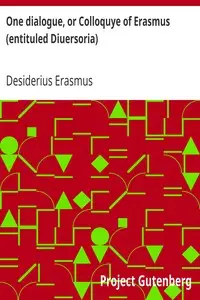
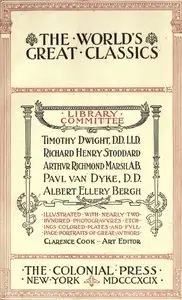
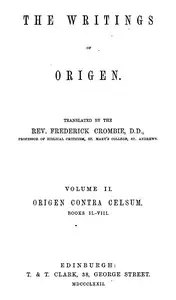
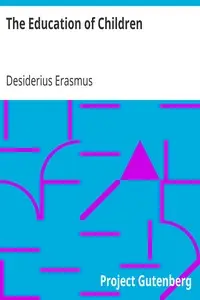
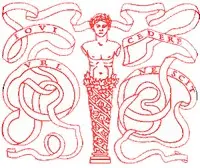
![Two Dyaloges (c. 1549)
Wrytten in laten by the famous clerke, D. Erasm[us] of Roterodame, one called Polyphemus or the gospeller, the other dysposyng of thynges and names, translated in to Englyshe by Edmonde Becke. by Desiderius Erasmus](https://cdn.a2-host.cloud/AZmCW8d2GWLwGGYYELZGwp9z4IGDv4fFnZRusivcxzQ/rs:fill:215:325:0/g:ce/aHR0cHM6Ly9zcC1hc3NldHMuczMudXMtd2VzdC0wMDQuYmFja2JsYXplYjIuY29tL2Jvb2svMTQ1MDAvVHdvX0R5YWxvZ2VzX2NfMTU0OV9Xcnl0dGVuX2luX2xhdGVuX2J5X3RoZV9mYW1vdXNfY2xlcmtlX0RfRXJhc211c19vZl9Sb3Rlcm9kYW1lX29uZV9jYWxsZWRfUG9seXBoZW11c19vcl90aGVfZ29zcGVsbGVyX3RoZV9vdGhlcl9keXNwb3N5bmdfb2ZfdGh5bmdlc19hbmRfbmFtZXNfdHJhbnNsYXRlZF9pbl90b19FbmdseXNoZV9ieV9FZG1vbmRlX0JlY2tlX2NvdmVyLmpwZw.webp)
